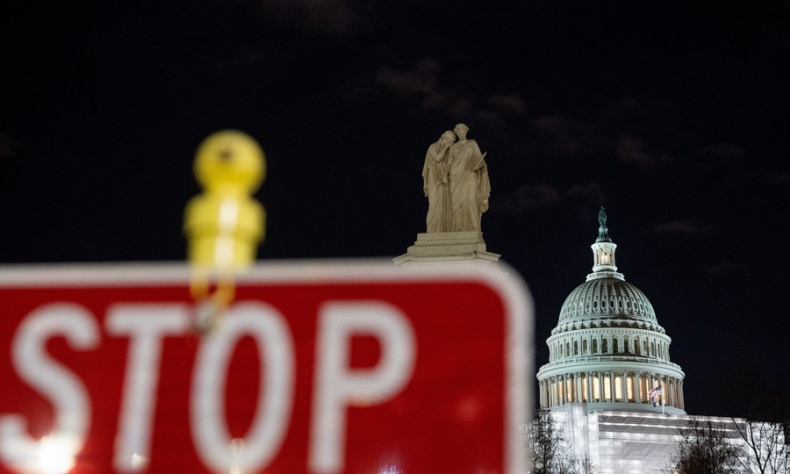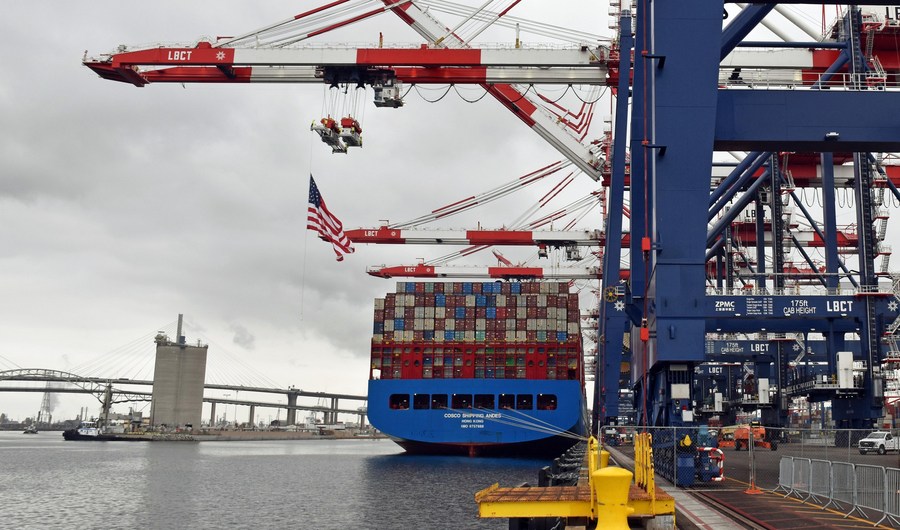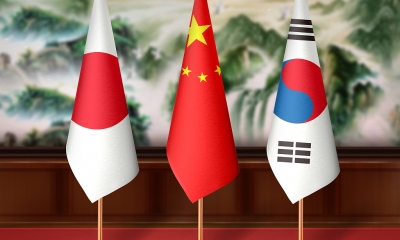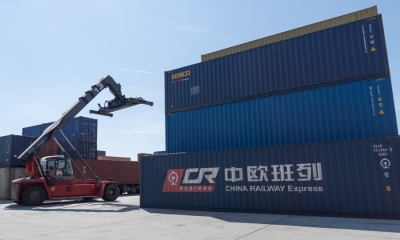America’s Irrational Fear of China Reaches New Heights

Americans continue to pay more for items produced in China, and they do so for accepting the false narrative that China seeks to undermine the trade and technology advantages the U.S. has had for decades.
Lemony Snicket, the pen name of author Daniel Handler, is credited with a saying: “There are two kinds of fears; rational and irrational – or, in simple terms, fears that make sense and fears that don’t.” As Americans continue to learn about the depth of official Washington’s anxiety about China, they ought to keep that idea in mind.
By now, you are well aware of the breathless U.S. media coverage associated with Chinese-made balloons that were floating high (and I do mean high) over the United States about a month ago. One such balloon was blown out of the sky as it made its way off the coast and over the Atlantic Ocean, and some Americans were convinced that the images of a destroyed balloon – shot down by a U.S. military fighter jet – were reminders of resolute American toughness.
There is an interesting side note to the balloon story: The U.S. government recently blacklisted six Chinese companies that it claimed were associated with China’s aerospace program, but one U.S.-based company was caught up in the mess. Why? According to NBC News, “AXT Inc. has extensive ties to China that go beyond its manufacturing facilities there. The company owns an 85 percent stake in a Chinese subsidiary that produces materials for semiconductors and has counted as one of its biggest customers a giant state-owned defense firm linked to Beijing’s surveillance balloon program, according to AXT’s filing to the Securities and Exchange Commission in August.” The story notes that it is not yet clear whether AXT has violated any laws. Nevertheless, the depth of the business connections between the U.S. and China is highlighted by AXT’s investments in China.
If you thought the anxiety over balloons had left plenty of people scratching their heads, then imagine the reaction to a recent report in the Wall Street Journal. It stated: “U.S. officials are growing concerned that giant Chinese-made cranes operating at American ports across the country, including at several used by the military, could give Beijing a possible spying tool hiding in plain sight.” Atop the cranes sit sensors that military officials believe “can register and track” shipping containers entering and exiting the U.S., including containers carrying military hardware. CBS News reported that China’s foreign ministry immediately “dismissed the suggestion of spy cranes as ‘overly paranoid’ and said it would serve only to ‘mislead the U.S. public.'”
A top official of the Maryland Port Administration told the Wall Street Journal that four Chinese-made cranes are operating in that state and no security issues have been uncovered.

Keep in mind that at least one U.S. senator – Maria Cantwell, from the state of Washington – celebrated the arrival of those cranes a couple of years ago. She noted that the cranes would ensure the port of Seattle’s ability “to handle the largest, newest cargo ships [which] is critical to keeping our ports competitive in the global economy.”
We need to remember Chinese-made cranes currently account for 80 percent of the cranes used in American ports, and there has never before been any hint that any such crane was a potential tool for espionage. And knowing that leads to an important question: What is behind this recent fear about Chinese balloons and cranes?
Stephen Roach is a professor at Yale Law School. Last year, he wrote an important book examining U.S.-China relations. Titled “Accidental Conflict: America, China, and the Clash of False Narratives”, Roach explores how both countries are impacted by negative stereotypes of the other. Instead of seriously addressing the domestic challenges that limit both countries from maximizing their potential, the nation promotes false narratives about the other that does nothing but scores political points at home.
As one example, Roach bemoans that current U.S. president Joe Biden has refused to get rid of the tariffs that his predecessor placed on Chinese goods entering the U.S. Roach argues that Biden, lacking a strong political base of support in Congress and knowing that American public opinion is stridently anti-China, will not make the pro-America and pro-business choice to eliminate the tariffs. As a result, Americans continue to pay more for items produced in China, and they do so for accepting the false narrative that China seeks to undermine the trade and technology advantages the U.S. has had for decades.
To its credit, the Biden administration is not seeking to decouple its economy from China’s. Commerce Secretary Gina Raimondo reiterated that point just a couple of months ago. Of course, former Trump officials are taking a different stand. One recently argued that decoupling the two nations’ economies was needed because China will never play by America’s rules. As a result, China needed to be taught a lesson. That former official suggested that “failure to act decisively now is no longer forgivable. It is dereliction.”
Or perhaps it is irrational fear?
The article reflects the author’s opinions, and not necessarily the views of China Focus.
 Facebook
Facebook
 Twitter
Twitter
 Linkedin
Linkedin
 Google +
Google +







